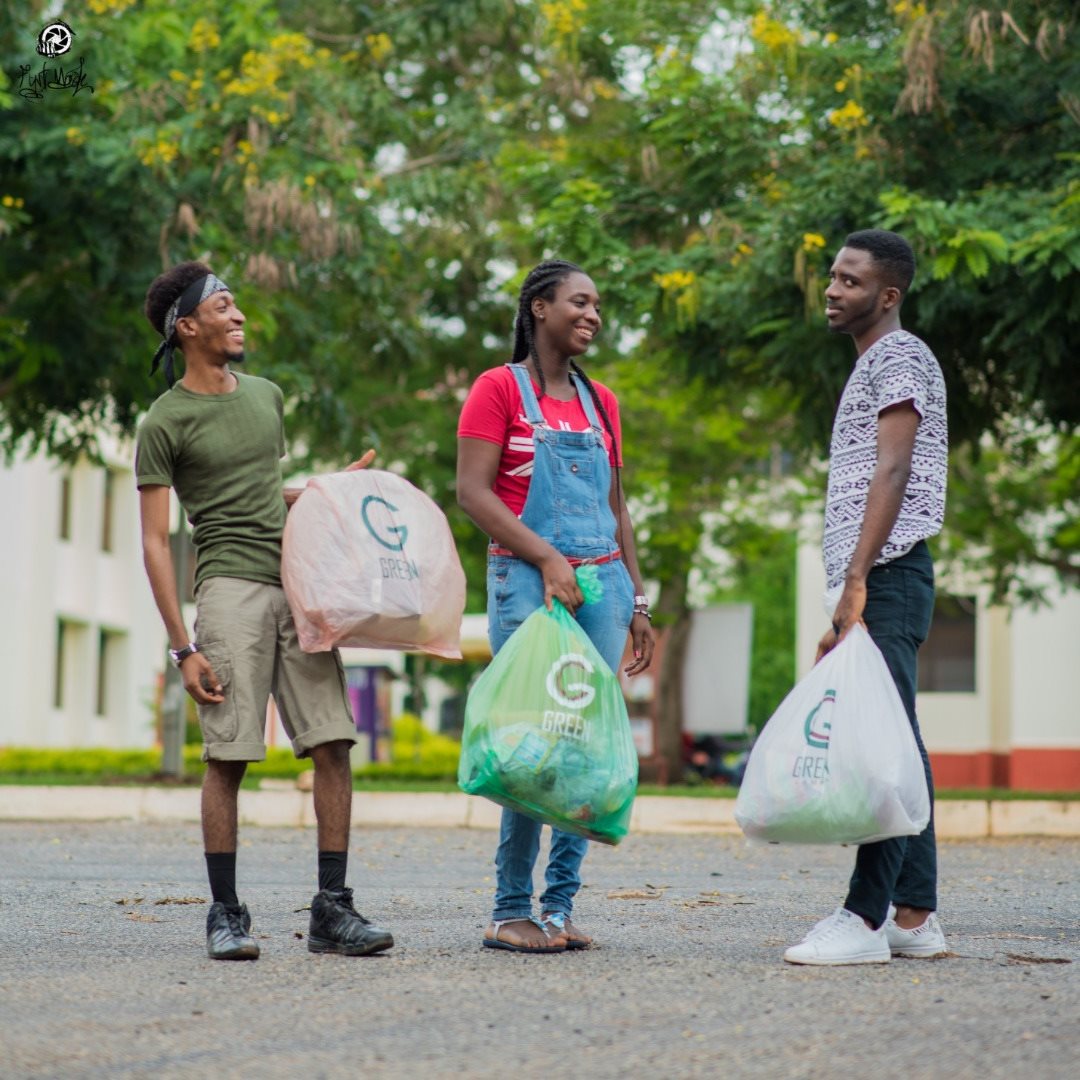Going GrEEn for a Sustainable Future in Ghana
Tags
 Credit SNV PHOTO/@SNVGhana)
Credit SNV PHOTO/@SNVGhana)
Many young people in Ghana today feel forced to look outside of their home regions, perhaps even beyond our national borders, to find work and a fulfilling future. While this reality saddens me greatly, today, I’m very happy to be part of a new action that promises to deliver positive change.
 Boosting Green Employment and Enterprise Opportunities in Ghana, to be known briefly as “GrEEn”, launches today. It’s a new project that promises to make local communities and economies greener and more resilient to climate change, while creating much needed jobs for women, youth and returning migrants in the Ashanti and Western Regions of Ghana.
Boosting Green Employment and Enterprise Opportunities in Ghana, to be known briefly as “GrEEn”, launches today. It’s a new project that promises to make local communities and economies greener and more resilient to climate change, while creating much needed jobs for women, youth and returning migrants in the Ashanti and Western Regions of Ghana.
GrEEn is funded through the European Union Emergency Trust Fund for Africa (EUTF), which was set up by European and African partners in 2015 to deliver an integrated and coordinated response to irregular migration, forced displacement and the diverse causes of instability, including climate change.
The GrEEn Project also receives co-funding from the Embassy of the Kingdom of the Netherlands, Ghana and my own organisation, the UN Capital Development Fund and will be implemented in partnership with the Ministry of Local Government and Rural Development of Ghana.
As partners, we’re all bringing different skills and experiences to GrEEn. UNCDF is leveraging its considerable experience in channelling finance to local authorities in developing countries. Through UNCDF’s Performance Based Climate Resilience Grant System (PBCRGS), Metropolitan, Municipal and District Assemblies (MMDAs) will get the resources they need to implement green and climate resilient investments that will boost the employability of returning migrants, women and youth. At the same time, those accessing jobs through their municipalities will be offered financial services such as savings, loans, and financial education. The comprehensive access to finance component will leverage remittances for community development and private investment as well.
What does this mean in reality? It means local governments have the funds they need to employ local people through cash for work schemes on projects that communities need if they are to adapt to the impacts of climate change. That might mean the construction of a road, drainage or improving irrigation systems for farming. It also means women, youth, and returnees are able access affordable, relevant, and accessible financial services within their local communities.
These short-term job opportunities can give income to thousands of Ghanaians in the Ashanti and Western regions. And when people get paid for their hard work, they’re not only becoming more financially secure, they’re also able, through the GrEEn Project, to access trainings that will help them develop their marketable skills further to seize the micro and small business opportunities that have the potential to breathe life into a local economy.
This is where my colleagues at SNV have so much to offer with their Opportunities for Youth Employment (OYE) programme. Drawing on their experience from six other major on-going projects in Ghana and other countries in Africa, SNV will apply their knowledge in using market analysis to equip the youth with the hard and soft skills they and their communities need, to have a thriving and sustainable home environment.
While I had hoped to mark the launch of GrEEn with the communities in Ashanti and Western Regions, COVID-19 has made that a challenge. Instead, I hope you will join me – virtually - in welcoming the launch of GrEEn.
Ghana: going GrEEn for a sustainable future!
Blog entry written by Angela Yayra Kwashie, edited by Sarah Harris Simpson